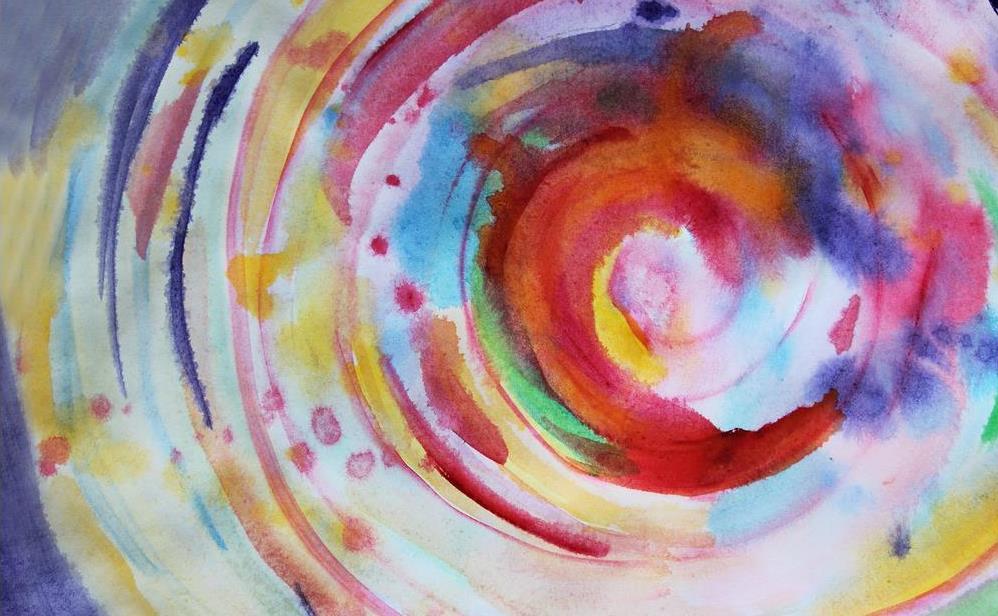It All Starts with Arts
Even before we start to walk, we dance. We sing even as we attempt to talk. The first sounds we make are shaped into words through playful repetition, and all the world is a drum for us to hear the rhythm of the planet.
We clumsily hold a crayon and scrawl our personal mark on time. We walk around in our mother’s slippers so we might better understand her and our relationship. The beginning of empathy and compassion is forged in the pretend social play of childhood.
Play is the precursor and defining feature of all art-making. Every human is an arts maker. We are all born as creatives so we can begin to understand and then shape the world in which we live.
Raising Torn Spirits
Our connection to the arts sits at the heart of our shared humanity. We all know instinctively that when the world is in a mess, the arts are there for us. When we were very little we used them to learn, to develop relationships, to begin defining who we are and who we might become.
It is no wonder then at a time when we hope our future might return us to the past (or at least to the better parts of our past), we turn to the arts to nourish ourselves.
Rescue packages for the economy, for the health system, are vital to restoring us from the threats posed by COVID-19. The arts though are the healing balms for the nation’s torn spirit.
Movies, music, online theatre and games, making art in our garages and our homes have become a key part of how we manage the fears and disruption of physical isolation.
The arts act as healing balms because when we know everything is too much to bear, they can transport us outside and beyond ourselves, even if it’s just for a moment.
Music Therapy
For many I imagine it is music that soothes, helps us transcend the dull ache of the world. Somehow, this deeper language than words allows us to be freed from the constraints of our personal lives.
There is something both wonderfully indulgent and yet essential in succumbing to music’s charms and gently weeping for all that is lost and gone. And something so uplifting in finding music insinuate itself into your body so that you can’t help, even in isolation, to begin to move, to dance, to shake out the daily grind, the worries and fears and celebrate the moment.
We need the arts and artists to survive because it allows us to momentarily escape the everyday. To distract ourselves just enough, for long enough, to build the strength to reengage with the dangers of the present when we need to. The arts give us the necessary breathing space in our lives so we can press on. As we turn to the arts in rāhui, they keep our inner lives alive, bringing joy and play into our homes.
The Days Ahead
If the arts are vital for the present, they are even more important for our future. They feed and nourish our imaginations. A better world can only be made if we first imagine that it is possible.
Hope is a leap of the imagination. A soul-filled, risky and purposeful leap. Our artists are carriers of this hope, disinfecting the dark corners of our nation’s soul.
Artists will lead in the imagining we will all need to do as citizens to ensure we might be better as a nation for the sacrifices made now. Hope will, when we finally come out of these times, be the key building block in the reconstruction of a better, more just world.
The arts are healing balms because at their heart is a celebration of life, a celebration of the possibility of joy, of wonder, of beauty. In the coming days, as the fragility of life is increasingly threatened, the arts will be part of what puts us back together.
This article was first published by The Big Idea NZ. Read the original article.
